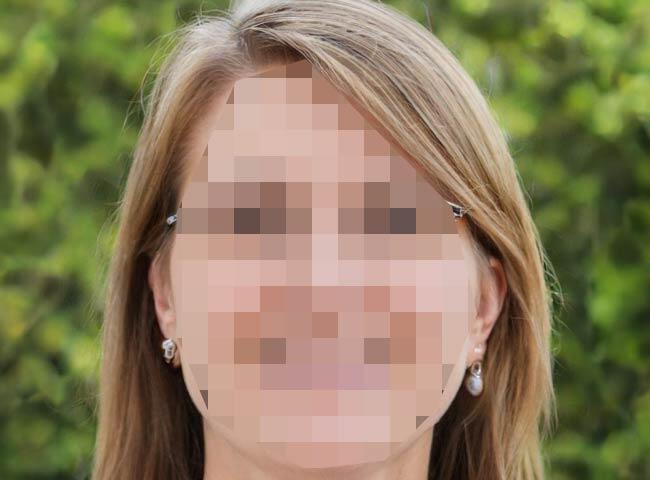Meet Chas

Chas' story
Electrolysis Support Fund recipient
Chas (she/they/he) is currently facing significant financial challenges. As an unemployed individual seeking an entry-level job, Chas relies on SSDI due to generalized anxiety and autism. Living in subsidized HUD housing, rent consumes 30% of household income, leaving the remainder for daily needs like food and toiletries. This financial situation makes it impossible for Chas to save up for essential care.
To cope with dysphoria, Chas shaves frequently, approximately every other day. However, the lack of funds for shaving cream increases the risk of nicks and cuts. While on estrogen and spironolactone prescribed by a doctor, which will eventually remove body hair, these treatments do not affect facial or neck hair.
"The closer I am to passing as feminine, the easier it'll be to present, dress, and be as such while employed and/or in public," Chas explains. "This will significantly increase my quality of life. Less hair also makes self-care easier concerning my disabilities."
Chas' timeline
-
Award Granted
April 9, 2024
Chas was awarded a grant toward permanent hair removal!
-
Care Received
May 6, 2024
A payment has been made toward Chas's permanent hair removal!
About Hair Removal: Femme Award
On average, it costs $2,300+ for Chas' care.
- What is it?
- Before care
- After care
What is it?
Point of Pride provides grants to trans femme people seeking hair removal on their face, neck, or an area of the body in preparation for bottom surgery.
What is life like for a person who needs this care?
For trans femme folks, particularly trans femmes of color, access to facial hair removal often equates to safety against anti-trans violence or discrimination. It's common for applicants to note issues with employment and public safety, particularly if their facial hair is dark or thick. Electrolysis and laser hair removal services are often deemed cosmetic and therefore not covered by health insurance plans.
What is the impact of this care on the recipient’s life?
Access to hair removal often leads to a more positive emotional well-being, increased confidence, increased safety when in public, and better opportunities at employment and more.
Your support funds healthcare that's
life-changing. Life-saving. Life-giving.